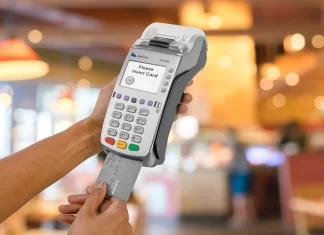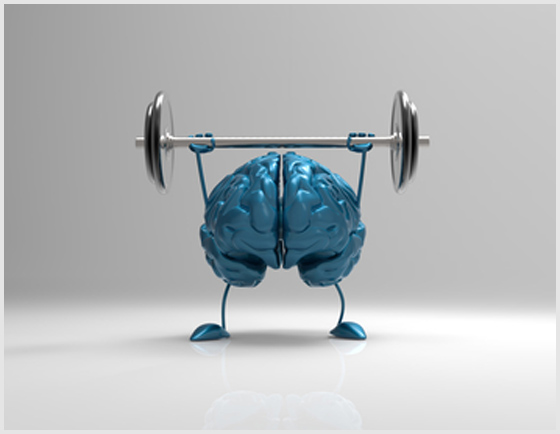
Some people question the role of analogical reasoning in deciding cases. These people often argue that it is unfair to give one side of a case more weight because the other side didn’t have an opportunity to present their argument. Others claim that analogical reasoning can be helpful when used correctly. A recent study revealed that analogical reasoning is quite common and is useful in some legal cases.
What Is Analogical Reasoning?
Analogical reasoning is a form of reasoning that spans different fields and the law. Analogical reasoning is a necessary form of evidence. Analogical reasoning is the logical method of inferring an argument from a set of known, relevant facts. Analogies help lawyers to quickly arrive at conclusions by comparing material that is relevant to the case. The US Supreme Court has often used metaphors to decide cases. Analogical reasoning can be an effective tool for attorneys Loveland co when trying to argue their point.
The Daubert Standard
It is an example of how analogical reasoning can be used in court. The Daubert Standard is a means through which judges can evaluate the admissibility of expert testimony. The United States Supreme Court established this standard in 1993. It stipulates that to be admitted as evidence, an expert must testify about the relevant subject matter. The theory upon which the opinion is based must be scientifically valid and accepted within the relevant field. There must be sufficient facts or data on which to base an opinion. Get counselling from the Loveland bankruptcy attorneys.
Analogical Reasoning Historically
Analogical reasoning historically has been a staple of formal logical analysis since Aristotle. In the past, analogies were used to justify many of the most significant conclusions in philosophy. In modern times, this form of reasoning has been supplanted by more rigorous means of argumentation, such as syllogism. Many philosophers have gone on record saying that analogical reasoning is a weak form of argumentation and should be avoided at all costs. For family legal matters, contact child custody attorney Loveland.
Appeals To Precedent
The use of analogical reasoning is a tool that appeals to precedent, and it often leads us to erroneous conclusions. There are three things that we can learn from the use of analogical reasoning:
- We should be careful not to let our biases lead us to incorrect decisions.
- The specific facts in one situation do not always translate into the other.
- Our judgment is clouded by how we view similar events in the past.
Tools Of Analogical Reasoning
Analogical reasoning is the process of deriving an approximate conclusion based on a few known facts. A simplistic pattern would be using your experience with dogs to predict your future experience with cats. This type of reasoning is often used in mathematics. It can function as a heuristic for discovering proofs or generating new conjectures.
Conclusion
In law, analogical reasoning uses a model to predict or explain a new case or situation. This type of reasoning has been used for centuries in law and has been accepted as a valid form of reasoning. The Daubert Standard was created by the Supreme Court to establish standards for scientific evidence. Still, it also applies to other records of evidence, such as analogical reasoning. Many legal decisions have been based on this type of reasoning, and more will likely be.














